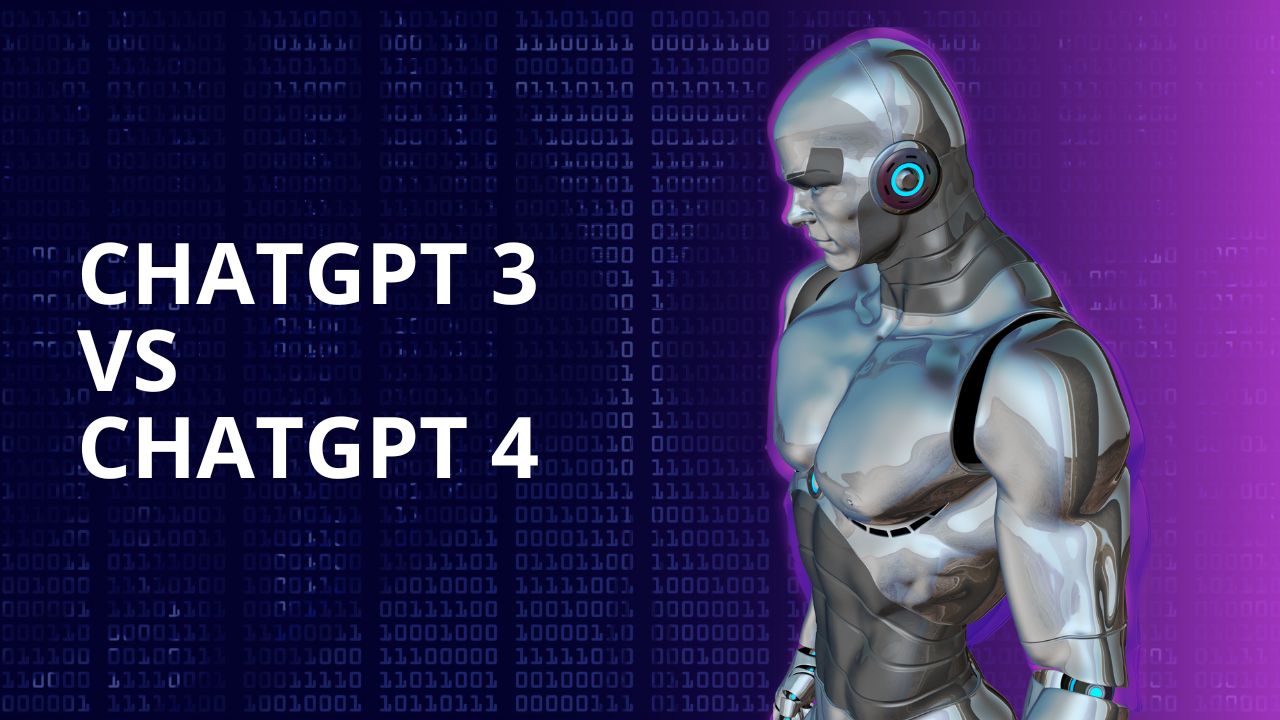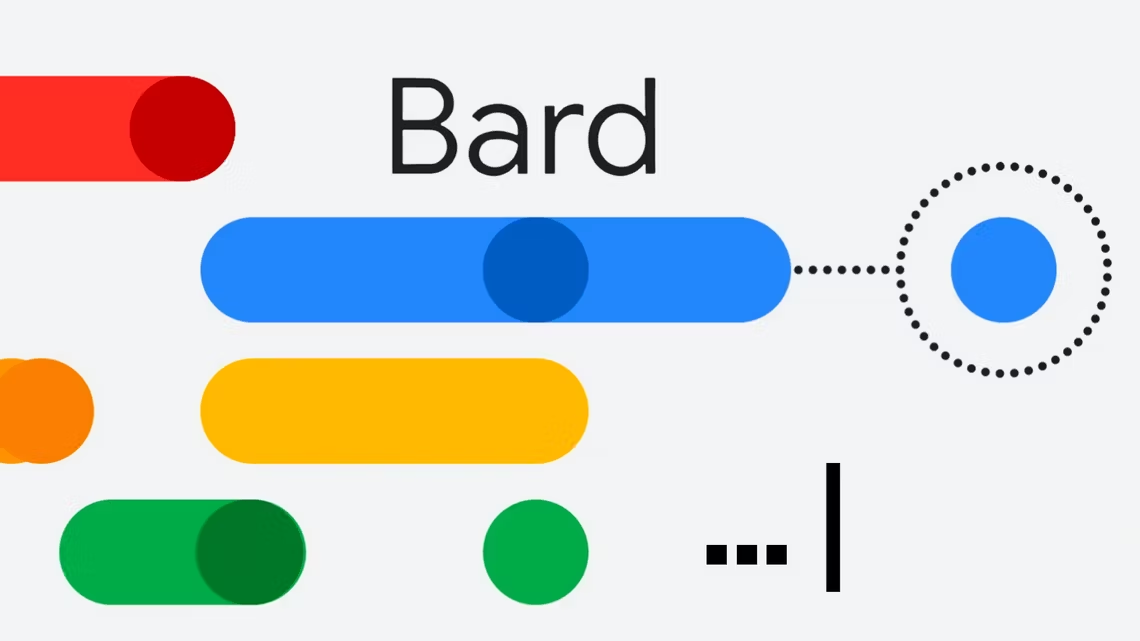2 min to read
GPT-3 and GPT-4 - Differences we know so far

OpenAI’s GPT-3 has been making waves in the AI community since its release in 2020. Its ability to generate human-like text has been praised by many, but some are already looking ahead to the next iteration: GPT-4. So, what are the differences between GPT-3 and GPT-4? Let’s take a closer look.
Training Data
One of the biggest factors in the success of GPT-3 was the sheer amount of training data it was exposed to. With over 570GB of text, GPT-3 was able to generate impressively coherent and realistic text. However, it’s likely that GPT-4 will be trained on even more data. OpenAI has not yet announced how much data GPT-4 will be trained on, but it’s safe to assume that it will be significantly more than GPT-3.
Model Size
Another factor that affects the performance of these language models is the size of the model itself. GPT-3 has 175 billion parameters, making it the largest language model to date. However, GPT-4 is expected to be even larger. Some experts predict that it could have as many as 10 trillion parameters, which would make it exponentially more powerful than GPT-3.
Performance
Of course, the ultimate test of any language model is its performance. GPT-3 has already shown that it can generate text that is difficult to distinguish from text written by a human. However, it’s likely that GPT-4 will be even better at this task. With more training data and a larger model, GPT-4 will likely be able to generate even more realistic and human-like text.
Potential Applications
With its impressive performance and potential for even greater performance in the future, GPT-4 could have a wide range of applications. It could be used to generate content for websites, social media, and marketing materials. It could also be used to assist with research, writing, and even customer service. The possibilities are virtually endless.
While we don’t yet know all the details about GPT-4, it’s clear that it will be even more powerful than its predecessor. With more data, a larger model, and even better performance, GPT-4 could revolutionize the field of AI-generated text. It will be exciting to see what the future holds for this technology.




Comments